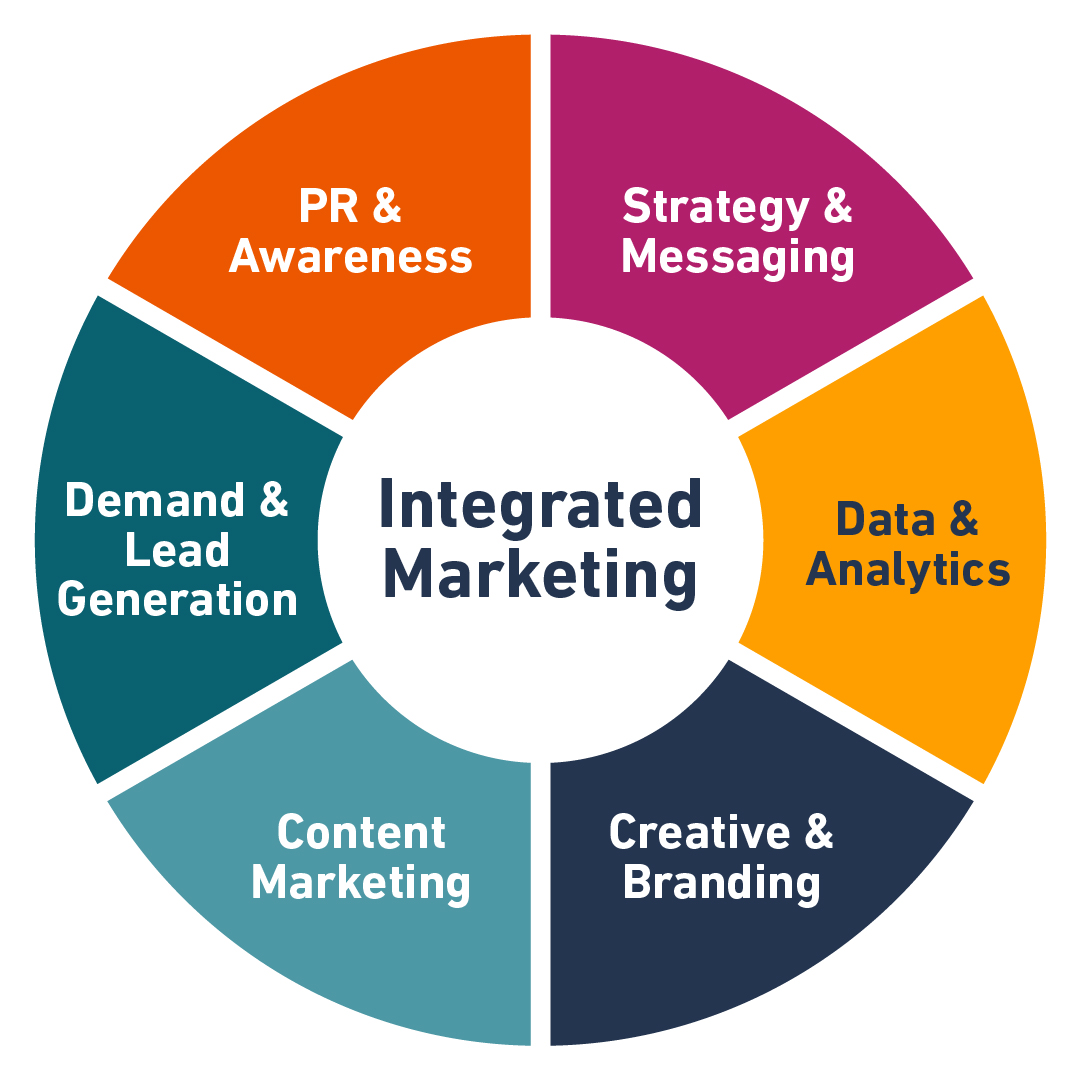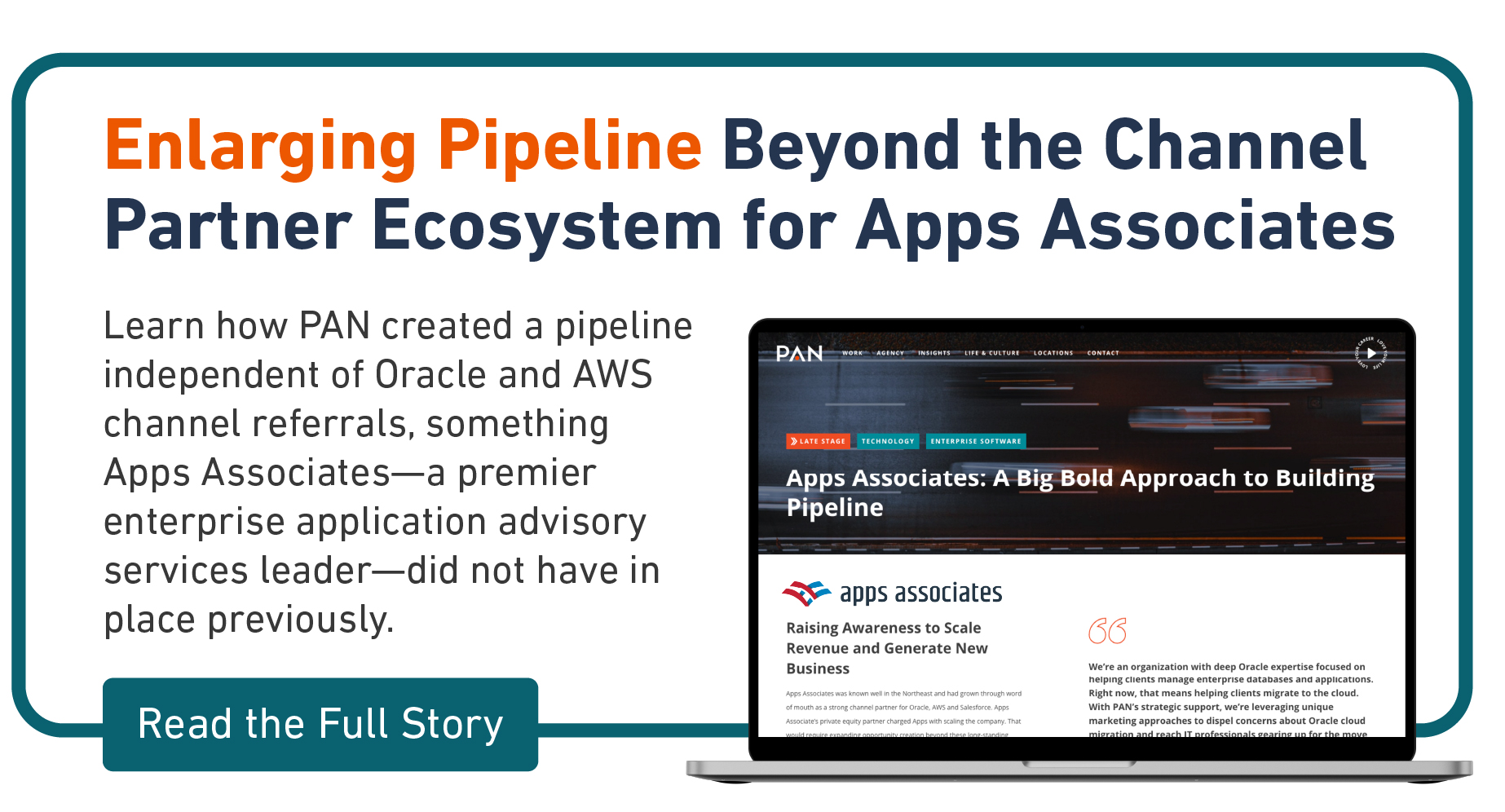In today’s fast-paced and highly competitive business environment, the role of integrated communications has become more critical than ever. Given the growing interconnectivity of global markets via digital media, businesses must strategically navigate a multimodal communications landscape to successfully enhance and distinguish their message; while also cultivating brand reputation and authority in a way that resonates and drives demand.
Central to these efforts is the selection of the right communications agency. This strategic business partner should not only be one with a proven understanding of your industry, but also one who has experience aligning business objectives and expertise to tailored strategies in a way that delivers measurable results beyond vanity metrics.
Let’s explore the eight essential considerations for choosing the right communications partner to drive both short- and long-term success.
1. Define Your Objectives
At the core of any successful communications strategy lies a clear understanding of the objectives. Before embarking on the journey of selecting a communications partner, take the time to define your overarching business goals. Are you looking to increase brand awareness, generate leads, manage a crisis, position your brand as a thought leader in your industry, or all of the above? By articulating your objectives upfront, you can ensure alignment with the right potential agencies and set the foundation for a successful partnership.
For example, if your goal is to launch a new product and capture market share, you may want to partner with an agency that has experience in product launches, media relations, and influencer marketing. Conversely, if your objective is to rebuild your brand’s reputation following a public controversy, you’ll need a PR partner with expertise in crisis communication, stakeholder engagement, and reputation management.
2. Assess Strategic Alignment
Effective communications are not just about securing media coverage; it’s about crafting and executing initiatives that support broader business objectives. When evaluating potential agencies, look for partners who demonstrate a deep understanding of your industry, market dynamics, and target audience. Ask questions about their approach to strategic planning, research methodologies, and measurement frameworks.
Additionally, consider the cultural fit between your organization and the agency. Do they share your values, work ethic, and commitment to excellence? A strong cultural alignment can foster collaboration, trust, and ultimately, better outcomes for your communications initiatives.
3. Embrace a Data-First Mindset
In the realm of modern communication strategies, embracing a data-first mindset emerges as a pivotal factor for success. It begins with selecting a partner that can ensure that every communications effort is strategically mapped to drive tangible outcomes beyond surface-level metrics. This partnership extends to the identification of key performance indicators (KPIs) tailored to your company’s unique goals, enabling a clear understanding of what resonates with your audience and drives meaningful engagement.
By tracking performance metrics and correlating them with major initiatives, a partner that can provide insightful data analysis becomes the cornerstone for refining strategies and reallocating resources to maximize returns. Ultimately, a data-driven partner empowers brands to make informed decisions, capitalize on emerging opportunities, and unlock their full potential in today’s dynamic market landscape.
4. Choose an Integrated Approach
We live in an omnichannel world, so successful communications campaigns must seamlessly integrate with broader marketing efforts across various touchpoints and platforms. Choose an agency that offers a integrated approach to communications, leveraging a mix of earned, owned, and paid media to amplify your message and engage your audience.

For example, a well-executed PR campaign may include media relations outreach to secure press coverage, thought leadership content creation for owned channels such as your website and blog, and targeted social media advertising to reach specific demographic segments. By aligning your PR efforts with your overall marketing strategy, you can ensure consistency of messaging, maximize reach, and drive meaningful business results.
5. Seek a Partnership Mentality
A successful agency should be viewed not just as a vendor but as a strategic business partner invested in your long-term success.
Look for agencies that prioritize collaboration, transparency, and open communication vs. simple order takers — “Yes” people don’t help move your business.
Seek partners who take the time to understand your business, actively listen to your feedback, and proactively identify opportunities to add value.
When evaluating potential agencies, consider their track record of client retention, client satisfaction scores, and testimonials from satisfied customers. Additionally, inquire about their approach to performance measurement and accountability. A reputable communications agency will be able to provide clear metrics and analytics demonstrating the impact of their work on your business objectives.
6. Ensure Comprehensive Capabilities
Beyond traditional media relations, today’s leading communications agencies offer a wide range of services to move your brand wherever it needs to move to drive the most impact. When selecting a partner, look for agencies with expertise in areas such as brand messaging, content marketing, social media management, influencer marketing, event planning, crisis communication, and reputation management.
For example, if your business operates in a highly regulated industry such as government technology, healthcare, or finance, you’ll need an agency with experience navigating complex regulatory environments and communicating effectively with key stakeholders, including government agencies, industry associations, and advocacy groups.
7. Opt for Tailored Solutions
Gone are the days of shooting from the hip or relying solely on gut instinct. Every brand is unique, with its own set of challenges, opportunities, and nuances. When choosing a communications partner, look for agencies that offer customized solutions tailored to your specific needs and objectives. Avoid one-size-fits-all approaches that fail to account for the unique aspects of your business and industry.
A reputable communications agency will take the time to conduct a thorough assessment of your brand, audience, competitors, and market landscape before developing a tailored strategy that aligns with your objectives and drives results. Be wary of agencies that promise quick fixes or guaranteed results without first taking the time to understand your business and develop a customized approach.
8. Look for Demonstrated Success
Past performance is often a reliable indicator of future success. When evaluating potential communications agencies, ask for case studies or the voice of the customer examples, client references, and examples of successful campaigns they’ve executed in the past. Look for agencies with a proven track record of delivering measurable results for clients like your business.
For example, if you’re a startup looking to raise awareness and attract investors, you’ll want to partner with an agency that has experience working with early-stage companies. Similarly, if you’re a global entity looking to expand into new markets, you’ll need an agency with global reach and expertise in cross-cultural communication.
Choosing the right communications agency is a strategic decision that can have a significant impact on your brand’s reputation, visibility, and bottom line. By asking the right questions, prioritizing strategic alignment, and selecting a partner with a proven track record of success, you can position your brand for long-term growth in today’s dynamic and competitive business landscape.
Remember, a successful agency partnership is built on trust, collaboration, and a shared commitment to achieving your business objectives. So, take the time to do your due diligence, and choose wisely. To aid you in your agency due diligence:





